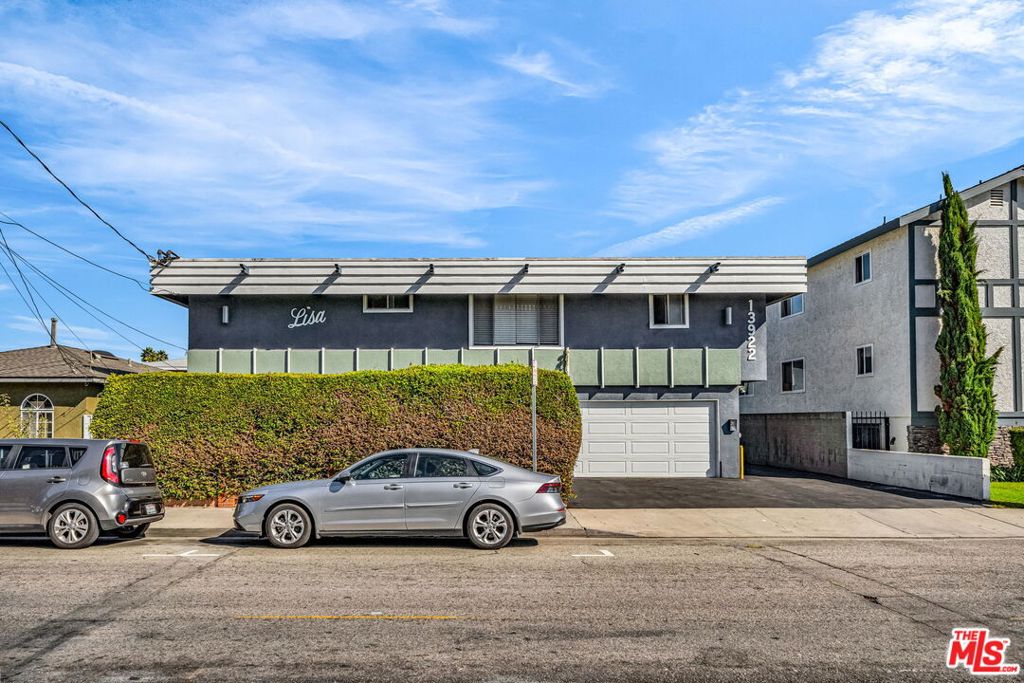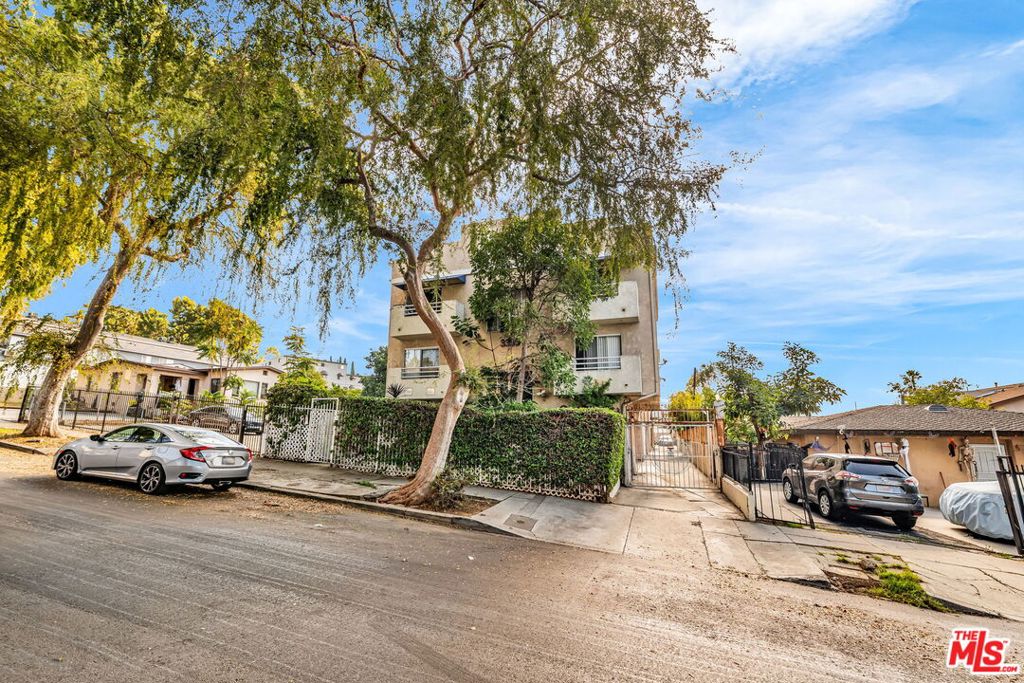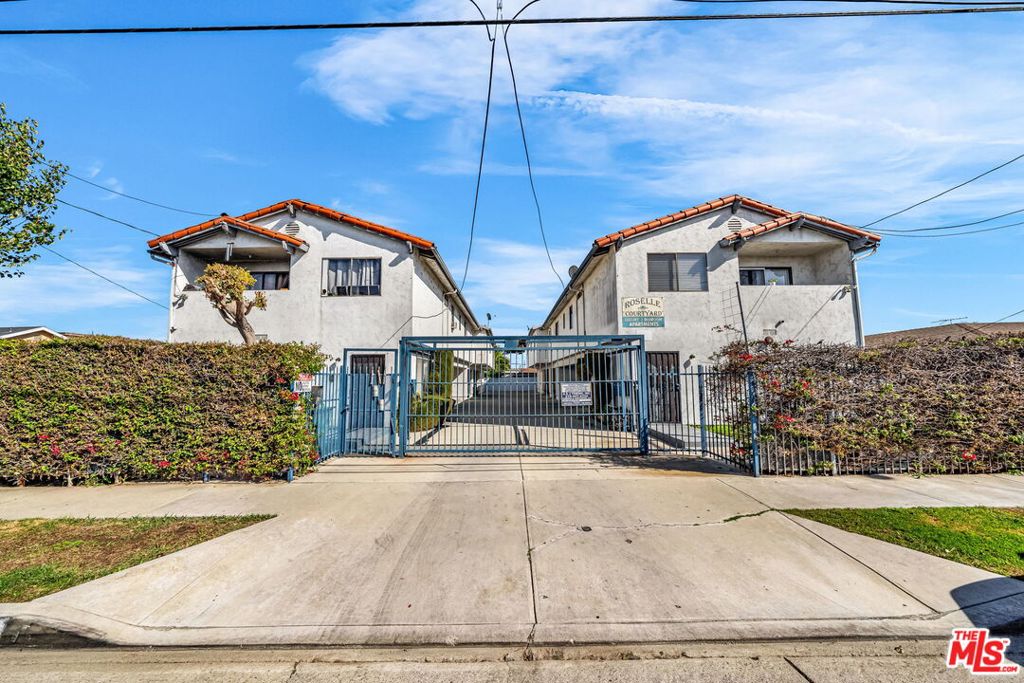If you’ve been visiting us for a while, you know that we are real estate agents specializing in probate, trust, and conservatorship properties here in Southern California. We shouldn’t have an opinion on propositions, candidates, or anything political. So, we don’t. However, we would like to save you some trouble and summarize the pros and cons of Prop 15 relating to property taxes in California. It is one of the most contentious propositions of the dozen on the ballot. According to Fox News, the fight over Proposition 15 has become incredibly expensive: so far, supporters have spent more than $42 million. Opponents, nearly $34 million.
What is Proposition 15?
The Official Secretary of State Voter Registration Guide says, Proposition 15 … “INCREASES FUNDING SOURCES FOR PUBLIC SCHOOLS, COMMUNITY COLLEGES, AND LOCAL GOVERNMENT SERVICES BY CHANGING TAX ASSESSMENT OF COMMERCIAL AND INDUSTRIAL PROPERTY. INITIATIVE CONSTITUTIONAL AMENDMENT.
From the Official Voter Information Guide, the OFFICIAL TITLE AND SUMMARY as PREPARED BY THE ATTORNEY GENERAL states that Prop 15
•Increases funding sources for K thru 12 public schools, community colleges, and local governments by requiring commercial and industrial real property be taxed based on current market value instead of the purchase price.
•Exempts from taxation changes: residential properties; agricultural land; and owners of commercial and industrial properties with combined value of $3 million or less.
•Any additional education funding will supplement existing school funding guarantees.
•Exempts small businesses from personal property tax; for other businesses, provides $500,000 exemption.
SUMMARY OF LEGISLATIVE ANALYST’S ESTIMATE OF NET STATE AND LOCAL GOVERNMENT FISCAL IMPACT: •Increased property taxes on commercial properties worth more than $3 million, providing $6.5 billion to $11.5 billion in new funding to local governments and schools.
FOR Prop 15
Proposition 15 would keep tax breaks in place for homeowners and increase taxes on commercial industrial real estate worth > $3 million based on their current value. The extra taxes collected would go to schools and local governments. In an October 7, 2020, Fox News report, Toby Boyd, president of the California Teachers’ Association (one of the organizations supporting the initiative), said, “It’s the right thing to do for our schools and community colleges in our communities. [It] could be more counselors, more nurses, more educators, and needed resources to give and provide our students the needed educational experience they should have.” Speaking about the ‘wealthy’ corporations, Boyd continued, “Why shouldn’t they pay their fair share? That’s the key. Their fair share. It has been on the back of the homeowners for the last few decades.”
The Voter Information Guide on the “FOR” side says that the funds will go directly to education, and state politicians can’t take it away. The Proposition rebalances the scales by eliminating loopholes for non-residential to require their commercial land and buildings (in excess of $3 million) be reassessed based on the current market value, and taxed accordingly.
Against Prop 15
One of the biggest reasons people are against Proposition 15 is they say it would make it easier for the next vote to eliminate the tax protections for homes under the famous Prop 13 from 1978. Another argument against Prop 15 is that nothing stops the tax from being passed onto tenants from apartment dwellers to small businesses to farmers. No matter how big the company, if their costs go up, they must increase their income somewhere to make ends meet. Then when the tenants’ or farmers’ costs go up, they pass them on in higher grocery costs, while service station owners and fastfood places all increase their prices.
From the above Fox 2 News report, higher property taxes would affect small businesses this way. ‘Laurie Thomas, who owns two restaurants in San Francisco, said Proposition 15 would be “one more nail in the coffin” for her industry. She laid off 65 employees when the coronavirus struck in March, reopening about four months later with 45 for outdoor seating only. Thomas fears landlords will pass the increased tax onto them, based on the terms in their leases. “We can’t afford anything else right now, so many restaurants are looking to have to close, so I’m very concerned that even though there’s a delayed implementation, this is not the right way to solve this,” said Thomas.’
Prop 15 Fiscal impact
From the Voter Guide: “The measure would raise $8 billion to $12.5 billion a year. After costs to counties to reassess property and some tax cuts for business equipment, local governments and schools would net $6.5 billion to $11.5 billion a year in a 60-40 split. The measure sets aside money for various costs created by the Proposition. This includes giving several hundred million dollars per year to counties to pay for their costs of carrying out the measure. The measure would increase the amount of work county assessors do and require changes in their work. Counties could have expenses from the measure before new money is available to cover these costs. The state would lend money to counties to cover these initial costs until new property tax revenue is available. The people against the Proposition say there is no accountability for how the funds are spent.
COVID-19 Cited by Both Sides
Per the Fox News report, “If passed, property owners would begin to be reassessed in 2022, with full implementation by 2026. This would be one of the most significant changes to the California tax system in decades.” Both Prop 15 supporters and opponents point to the COVID-19 economic crisis as a reason to vote “for” OR “against” the measure. Proponents want more for education and to re-fill state funds depleted by the coronavirus pandemic and help small businesses after the devastation of COVID-19. Opponents say it will crush smaller companies and lead to higher prices for everything people buy from soup to nuts.
What Do We Think?
As long time probate real estate agents and as attorneys working in and around all kinds of properties in Los Angeles and Orange Counties, the CREM Group has made sure we support our clients, so they know the alternatives to buying, selling, or renting probate, trust, and conservatorship homes and commercial properties in California. We feel that keeping our clients informed on critical real estate issues also falls under this purview.
Living in California is at once the best place and the worst place. We have a great climate and brilliant people, huge, wonderful businesses (Apple, Google, SpaceX, The Walt Disney Company, and more), and excellent colleges and universities. We have lots of problems. We believe that drastically increasing property taxes on commercial real estate owners will not solve our problems because this measure will negatively affect all of us (real estate owners (both big and small), business owners, and consumers alike). We highly recommend to vote No! – – – – –
As always, contact us by email here if you have any questions about real estate, probate real estate, conservatorship, or trust real estate properties, especially in Los Angeles and Orange Counties in California.
Or directly: Mark Cianciulli, Esq. [email protected]
DISCLAIMER: This content is meant purely for educational purposes. It contains only general information about real estate matters. It is NOT legal advice and should not be treated as such. We recommend consulting a legal or tax professional before acting on any material, opinion, or perspective described herein.
***
COVID-19 Safety. As all of us at the CREM Group market and sell our inventory of probate, trust, and conservatorship homes for our clients, we adhere to the COVID-19 regulations set by the California Association of Realtors.



